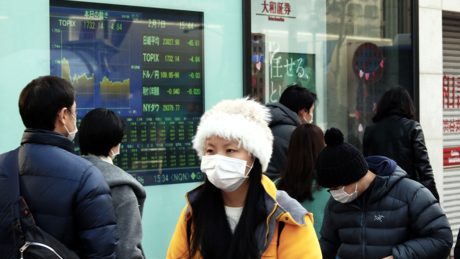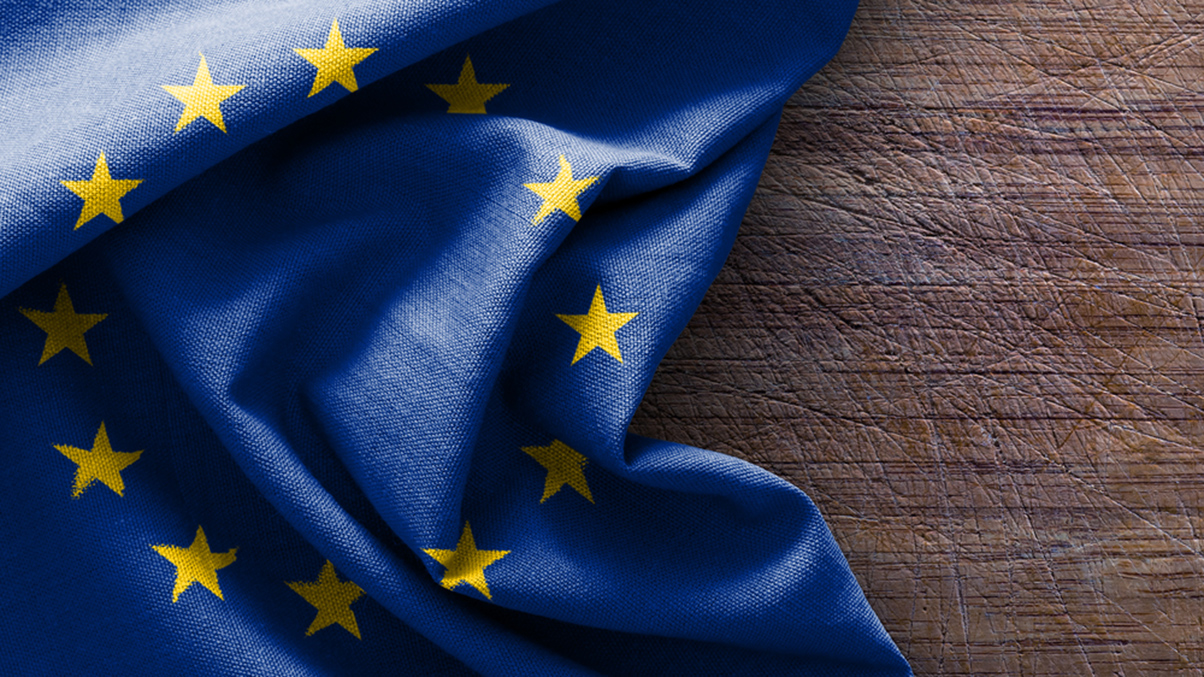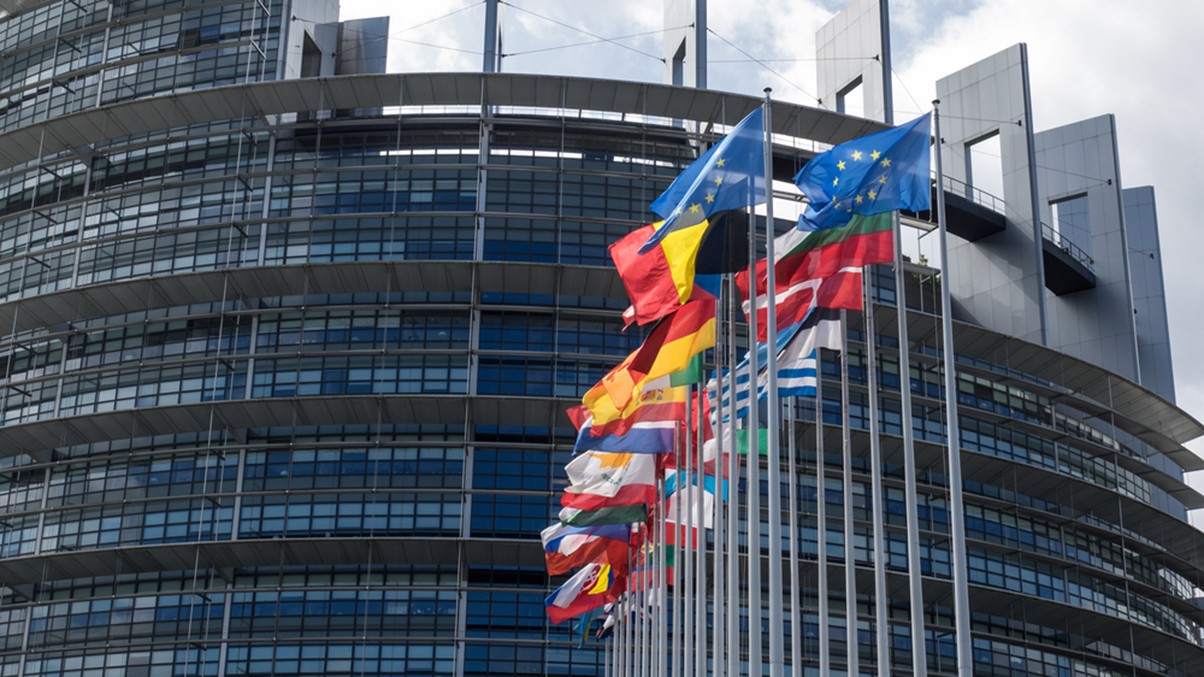Kate Pollock and Matthew Tighe have provided an expert analysis chapter to the International Comparative Legal Guide – Competition Litigation 2022. This claimant’s guide to recovering cartel damages in England is part of a book offering practical cross-border insights into competition litigation.
Below is the fourth of four parts of the chapter, examining the effects of Covid-19 and the dynamics of cartel litigation. The full chapter is available to read for free here.
Cartel litigation in a pandemic
Like many other practice areas, a key development over the last 18 months has been the impact of Covid-19, the full effects of which could materialise well into the future. Over this period there have been temporary changes to competition law in England to mitigate the Covid-19 crisis. The English courts have also adapted well to remote litigation, and cartel victims have continued to pursue their claims in tandem with addressing widespread business disruption.
To address concerns that competition law enforcement might impede some necessary cooperation between businesses in light of Covid-19, for example, maintaining the supply of essential products, in March and April 2020 the UK Government temporarily relaxed some elements of competition law. Supermarkets were permitted to coordinate their response to the Covid-19 crisis, including having permission to share certain data.
The CMA also confirmed that it would not take competition law enforcement action against businesses cooperating to the extent necessary to protect consumers. At the time of writing, three of these measures still remain in place in relation to agreements which assist the NHS in addressing the effects of Covid-19 and the free flow of medical supplies to the Isle of Wight.
Outside of these limited relaxations, however, businesses were not relieved of their obligations to comply with competition law generally. The CMA was, therefore, keen to stress that it would not tolerate any exploitation of the Covid-19 crisis as a cover for anticompetitive behaviour such as coordinating unnecessarily on long-term pricing strategies. Businesses were also warned that the CMA’s commitment not to take enforcement action against certain instances of business cooperation could not preclude private competition litigation claims.
Economic impact of Covid-19
The short- and medium-term economic impact of the Covid-19 crisis could lead to more anticompetitive conduct than would otherwise have been seen, resulting in cartel damages claims in the future. In particular, where industries are at risk of failing because of a collapse in demand due to Covid-19, those businesses may be tempted to try to mitigate the situation via means that remain unlawful, such as price-fixing.
Additionally, permitting competitors to communicate legitimately in the context of their Covid-19 response could afford them the opportunity to stray into illegitimate coordination, leading to a negative impact on their customers (such as agreeing to charge artificially inflated prices). Their customers, who may already be facing financial challenges in light of the Covid-19 crisis, will be alive to anticompetitive harm caused to them by their suppliers, and may see no choice but to recover any resulting losses via litigation.
How the courts adapted
The English courts and the CAT adapted quickly to the Covid-19 crisis, encouraging hearings to go ahead remotely where possible rather than be postponed. Competition litigation matters often involve multiple parties due to the numbers of claimants and defendant cartelists litigating the same cartel.
They can, therefore, be logistically challenging even under normal circumstances. Nonetheless, the courts enabled parties to proceed smoothly with interim hearings, Case Management Conferences, appearances before the Supreme Court, and so on. Stewarts acted for the winning party in the first English Commercial Court trial to run virtually. All participants (judge, counsel and witnesses) participated in the trial by video conference from England, Belgium, Kazakhstan and the United States.
When lockdown rules have allowed, a recent trend has seen hybrid hearings emerging, where only a limited number of participants attend the court in person, with the remaining participants attending remotely. As lockdown restrictions continue to ease, it remains to be seen to what extent the new remote/hybrid ways of conducting litigation will remain.
Notwithstanding the English courts’ willingness to work on a remote/hybrid basis, claimants involved in cartel litigation were faced with the challenges of pursuing their claims amid widespread business disruption due to theCovid-19 crisis. Cartels often span multiple jurisdictions, and claimants typically have to coordinate disclosure, for example, across their international offices. However, the timing and scope of different governments’ responses to Covid-19 and the varying restrictions on businesses created a challenge for those having to comply with disclosure and other directions in ongoing cartel litigation.
The Civil Procedure Rules 1998 were, however, updated with a new, temporary practice direction allowing parties to agree extensions of time for complying with time limits during the Covid-19 crisis. This temporary rule change ended on 30 October 2020.
Dynamics of cartel litigation and conclusion
Given that cartels can operate undetected for many years, the volume of commerce affected can be substantial. Individual businesses can unknowingly suffer significant losses, which they then seek to recover later down the line.
Regulatory investigations into cartelists, the binding nature of infringement decisions, and the fact that infringers frequently admit liability, give claimants a huge advantage and help minimise the risks of any litigation. That said, the features of cartel litigation require a specialist skillset.
An infringement decision by a regulator encourages multiple claims. Accordingly, defendants frequently engage in robust defence tactics, as they are conscious that perceived or actual lack of vigour in defending a claim will further encourage claims from other customers of the same cartel.
The key for claimants and their advisors is, therefore, to avoid giving defendants means to delay (or even defeat) a claim. A clean follow-on claim where jurisdiction is uncontroversial and where there is no realistic limitation defence is extremely difficult to defend. However, given that defendants need to avoid encouraging other claims, it can be logical for them to run arguments even with low prospects of success if that works to delay proceedings. An experienced cartel litigator will be conscious of these traps and structure a streamlined claim.
Stewarts Litigate
Stewarts has launched a ground-breaking after the event (ATE) insurance facility with Arthur J. Gallagher Insurance Brokers Limited. ‘Stewarts Litigate‘ is designed to work alongside our alternative funding agreements. The facility provides our commercial disputes clients with rapid access to comprehensive ATE insurance at pre-agreed market leading rates. The facility can provide coverage of up to £4 million in three business days and up to £18 million within ten business days.
Find out more about Stewarts Litigate here.
This communication has been authorised by Arthur J Gallagher Insurance Brokers Limited for the purpose of s21 of the Financial Services and Markets Act 2000
You can find further information regarding our expertise, experience and team on our Competition Litigation page.
If you require assistance from our team, please contact us.
Subscribe – In order to receive our news straight to your inbox, subscribe here. Our newsletters are sent no more than once a month.







